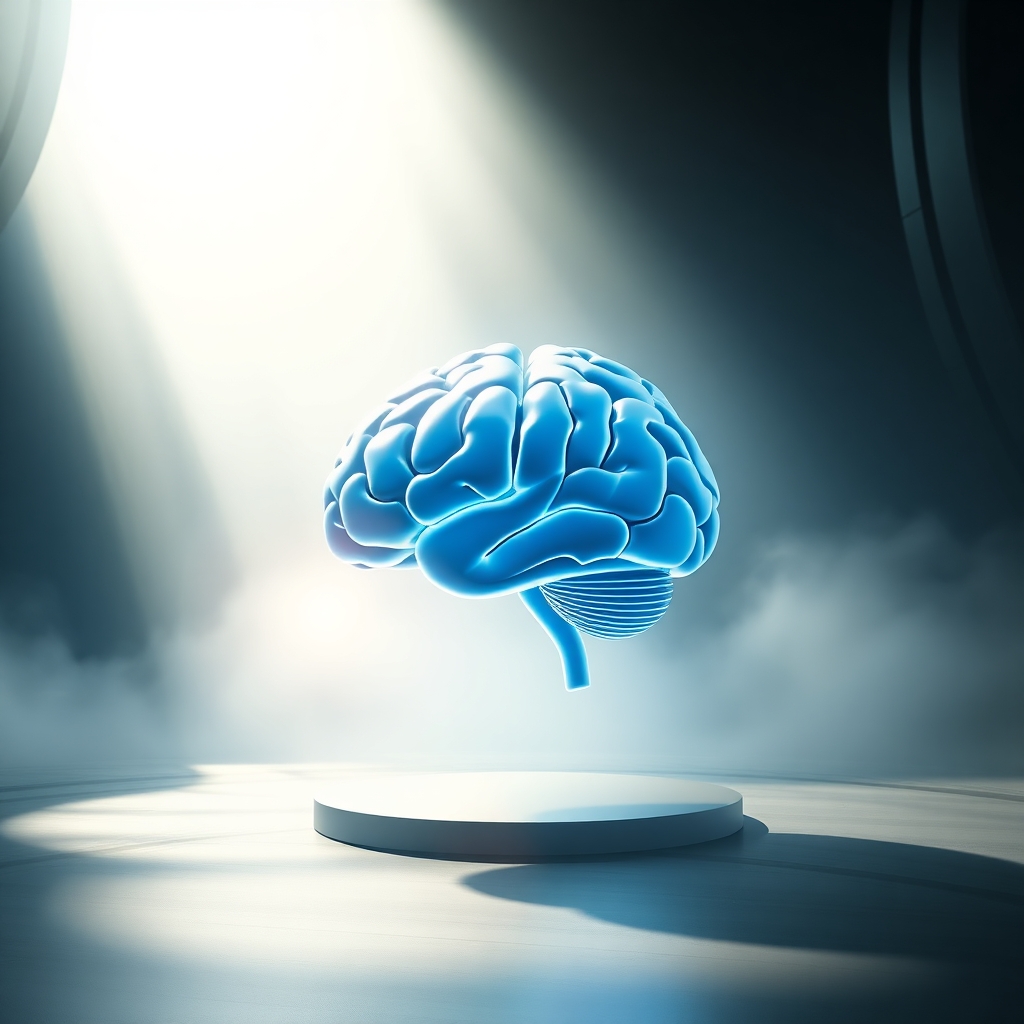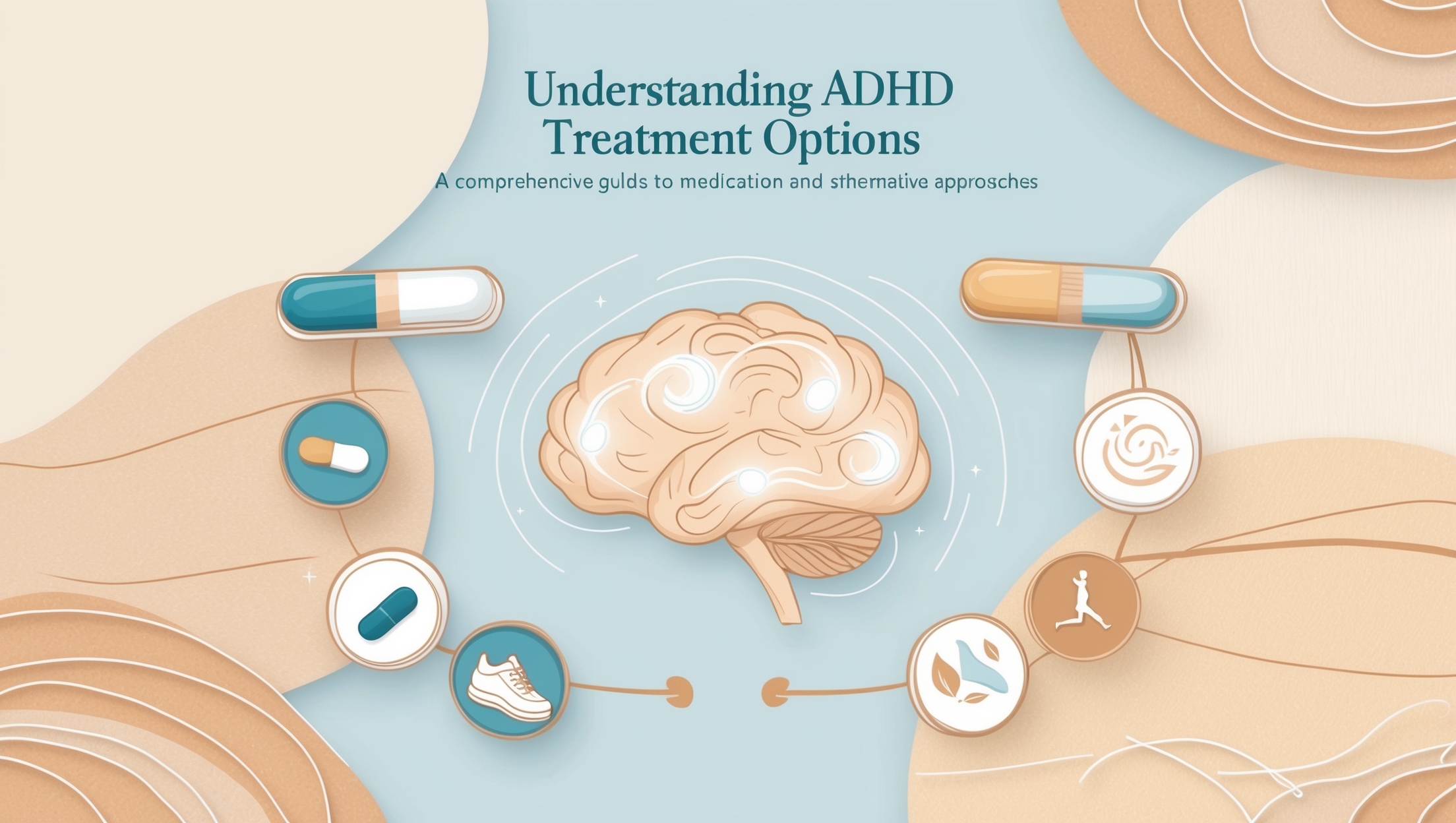Is Depression in the Genes? What You Need to Know
If you’ve ever wondered, “Is depression in the genes?”—you’re not alone. Scientific research shows that your genetics can influence your risk of depression, but no single gene determines your fate. Instead, a complex interplay of genetic, environmental, and personal factors shapes your mental health journey. This article unpacks the connection between genes and depression, highlighting what this means for you—especially if you or someone you care about also lives with ADHD. You’ll discover practical, evidence-based insights and resources to empower your next steps.










